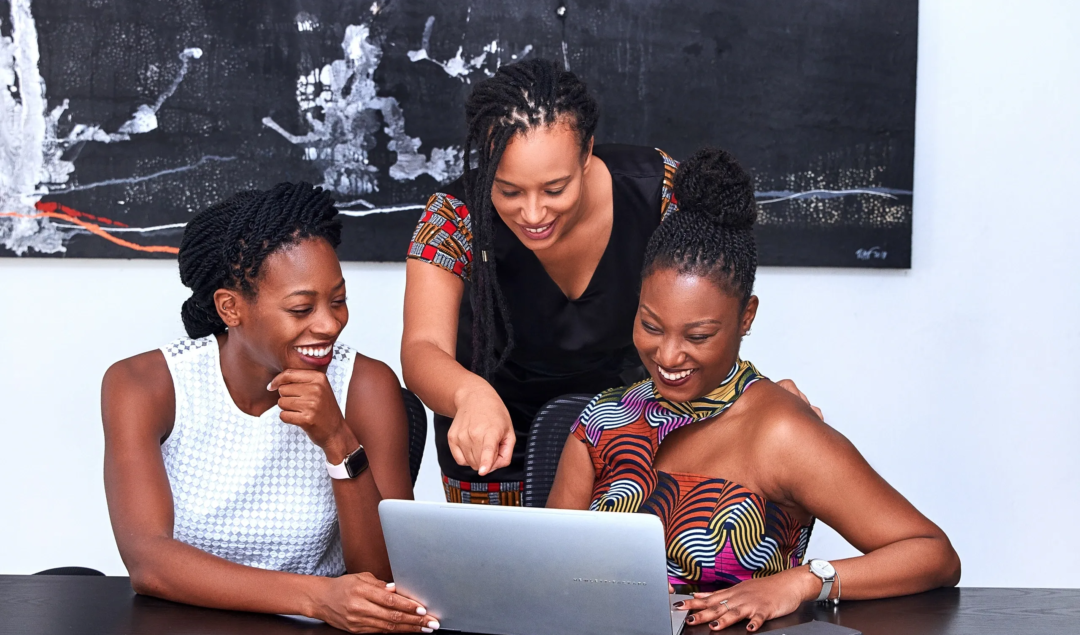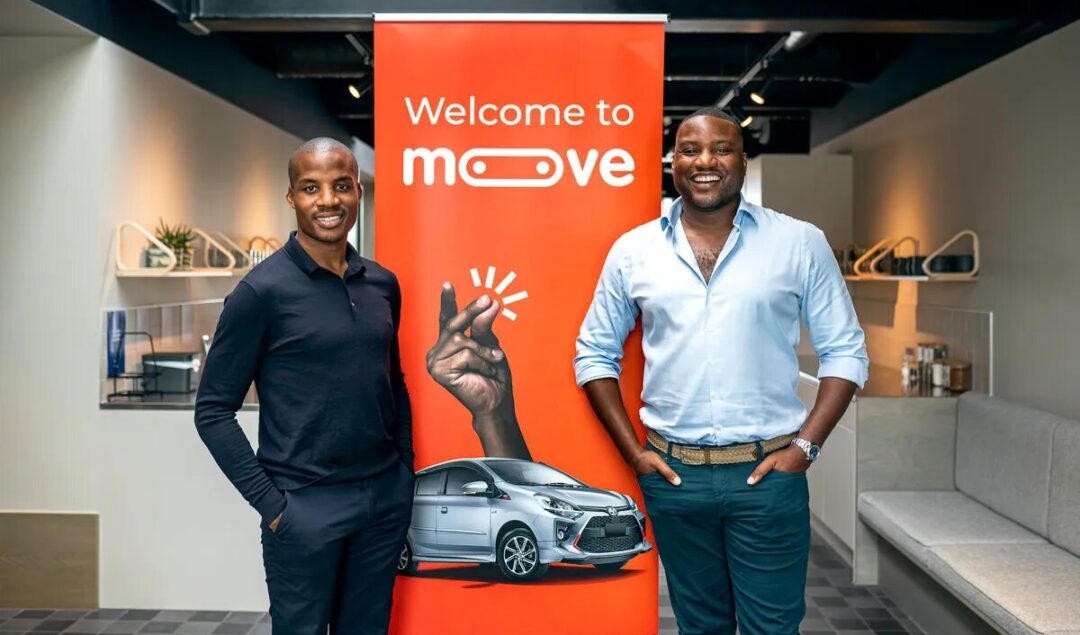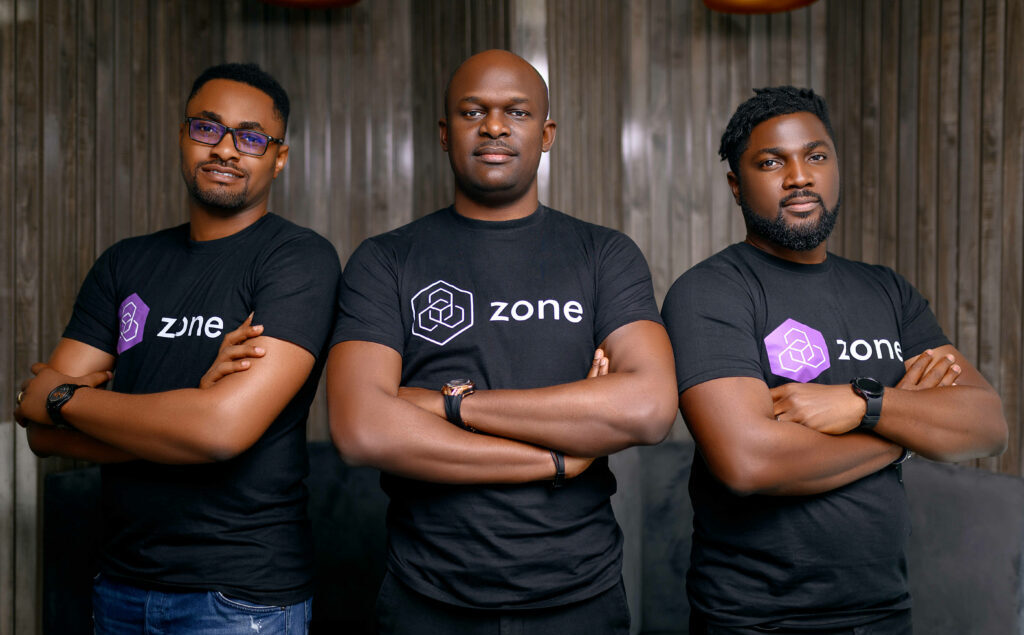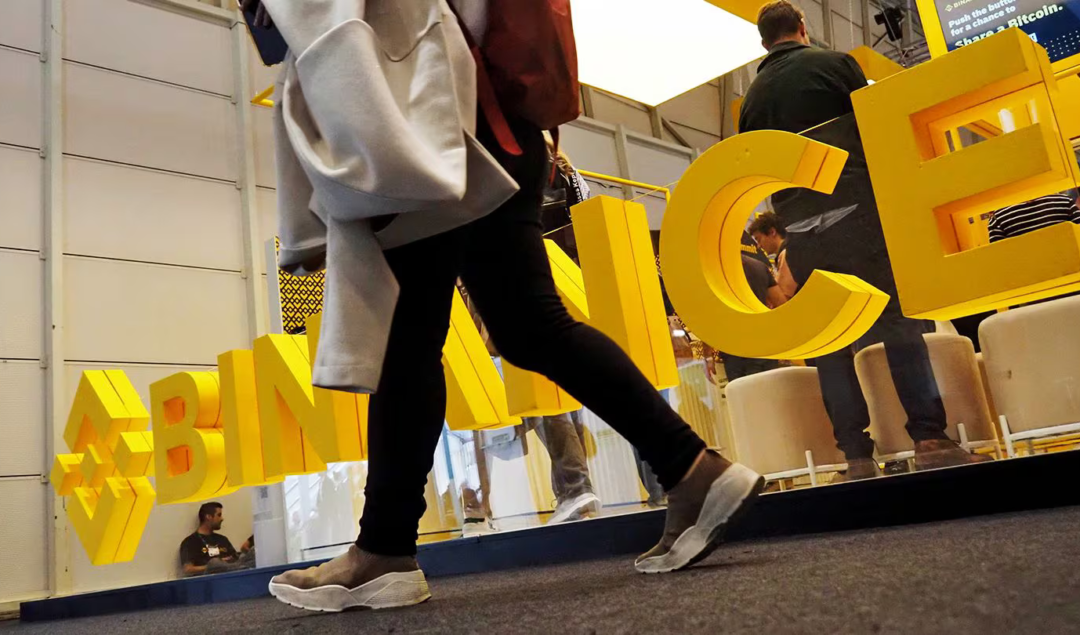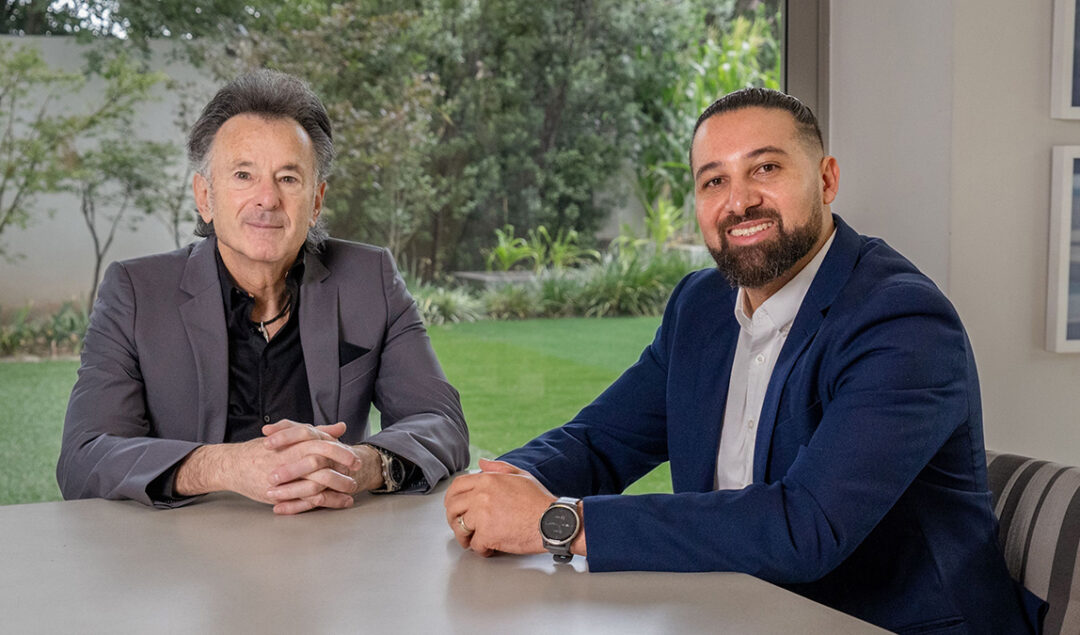Twitch streamer and YouTuber Kai Cenat has recently committed to building a school in Lagos, Nigeria. Cenat Visits Nigeria Cenat recently visited the Makoko Children Development Foundation School and Orphanage in Lagos, where he saw the dire conditions of the students and staff. Documented on his YouTube channel, the visit highlighted the school’s sinking building, limited space, and the struggle to provide a learning environment for its 385 students. The 23-year-old principal’s plea for help to rebuild and expand the school resonated deeply with Cenat. “First of all, I want to say it’s
Amazon Web Services (AWS), a leading cloud computing platform, is expandng its reach in South Africa’s tech landscape through its Equity Equivalent Investment Program (EEIP). The 18-24 month enablement and acceleration program supports South African Black-owned small and medium enterprises (SMEs) who want to build their AWS business. The EEIP, launched in 2020, has already developed 27 SMEs and is looking to expand its reach to 20 more in its 2024 cohort. AWS targets female and youth entrepreneurs, addressing the gender gap in tech startups. “These SMEs are critical drivers of our economic future,” said Chris
BeSocial, a short-form video app that empowers Black and African creators, is carving out a space in the tech landscape. The platform aims to combine short-form content, the practicality of social shopping, and social commerce. BeSocial Founded in 2022 by Kwesi Buabeng, a former executive at Ecobank, Google, and Coinbase, and his team, BeSocial’s vision is democratizing content creation. The focus on Black and African creators is a move acknowledging their role as trendsetters in social media, often without adequate recognition or compensation. Since its beta launch, BeSocial has been a hub of creativity and
Leading Nigerian tech company SkillPaddy has collaborated with ethical business bank Unity Bank Plc to train 1,000 female software engineers through their new “Count Her In Tech’ program. The partnership seeks to boost women’s participation in the tech industry where they comprise only 33% of the global workforce. The Count Her In Program The “Count Her In Tech’ program aligns with the 2024 International Women’s Day theme, #InspireInclusion, which celebrates women who advocate for Equity, Diversity and Inclusion. “As a bank committed to fostering economic empowerment and gender equality, we are proud
Uber Technologies Inc. has officially led a $100 million Series B funding round for Moove, an African mobility fintech company. This investment propels Moove’s valuation to an impressive $750 million and marks Uber’s first foray into African continent investment. Moove Founded in Lagos in 2020 by British-born Nigerian entrepreneurs Ladi Delano and Jide Odunsi, Moove has revolutionized vehicle financing. It operates with a business model that provides access to vehicle ownership for mobility entrepreneurs who traditionally face barriers in accessing financing. Moove’s model allows drivers to own vehicles by paying a portion of their weekly income, which
Lagos-based blockchain payments startup Zone has raised $8.5 million in an oversubscribed seed funding round. Nigerian Startup Zone Zone’s fundraising success is part of a growing trend in Africa’s fintech sector, which has recently seen companies like Cleva and Zuvy secure significant investments. Founded in 2008 by Emeka Emetarom, Obi Emetarom, and Wale Onawunmi in Lagos, Nigeria, Zone positions itself as Africa’s first regulated payment blockchain network. Its blockchain-based decentralized payment infrastructure caters to financial service providers across the continent and beyond. The startup has collaborated with over 15 of Africa’s top banks and fintech companies,
Nigeria, Africa’s top cryptocurrency market, is in a major dispute with Binance, one of the biggest names in the crypto world. Nigeria’s government has intensified its crackdown on unregulated crypto activities, resulting in a serious impasse following escalating tensions between Binance and the government. Binance is one of the world’s largest cryptocurrency exchanges. Nigeria cracks down on crypto Nigeria is currently grappling with a debilitating economic crisis, with inflation soaring to nearly 30%. The Nigerian government has turned its attention to cryptocurrency in an attempt to stabilize its currency, the naira (NGN). The
Idris Elba, renowned British actor and DJ, is steering his creative process towards building a “smart eco-city” on Sherbro Island, off Sierra Leone’s coast. Elba’s Plans According to CNN, Elba, a Sierra Leonean citizen, focuses on blending technological innovation and environmental consciousness in this project. The initiative, in collaboration with Sherbro Alliance Partners and the Sierra Leone government, is an investment venture and a heartening return to his roots, as Elba’s father hailed from Sierra Leone. Sherbro Island, approximately the size of Chicago and historically significant in the slave trade
Recent research has raised alarming concerns about covert racism in AI language models. Experts from the Allen Institute for AI, the University of Oxford, Stanford University, LMU Munich, and the University of Chicago conducted the study. It revealed that these models, including GPT4, manifest bias against African American Vernacular English (AAE) speakers. This troubling revelation brings to light how AI can perpetuate racial stereotypes, leading to unfair and discriminatory outcomes. What Did The Study Find? The study, co-authored by Valentin Hofmann, Pratyusha Ria Kalluri, Dan Jurafsky, and Sharese King, found
Conducive Capital, a newly formed South African venture capital firm, has launched a $50 million fund for early- and growth-stage tech startups across Africa. Meet The Team The fund is headed by Clive Butkow and Mitchan Adams. Butkow is the founder and former CEO of Kalon Venture Partner and former COO of Accenture South Africa. Alongside Adams, the co-founder of Ozow and current CEO of Aions, the two have collectively invested over R300 million, with an internal rate of return of more than 30% over the past seven years. Their combined expertise is set to invigorate the African




